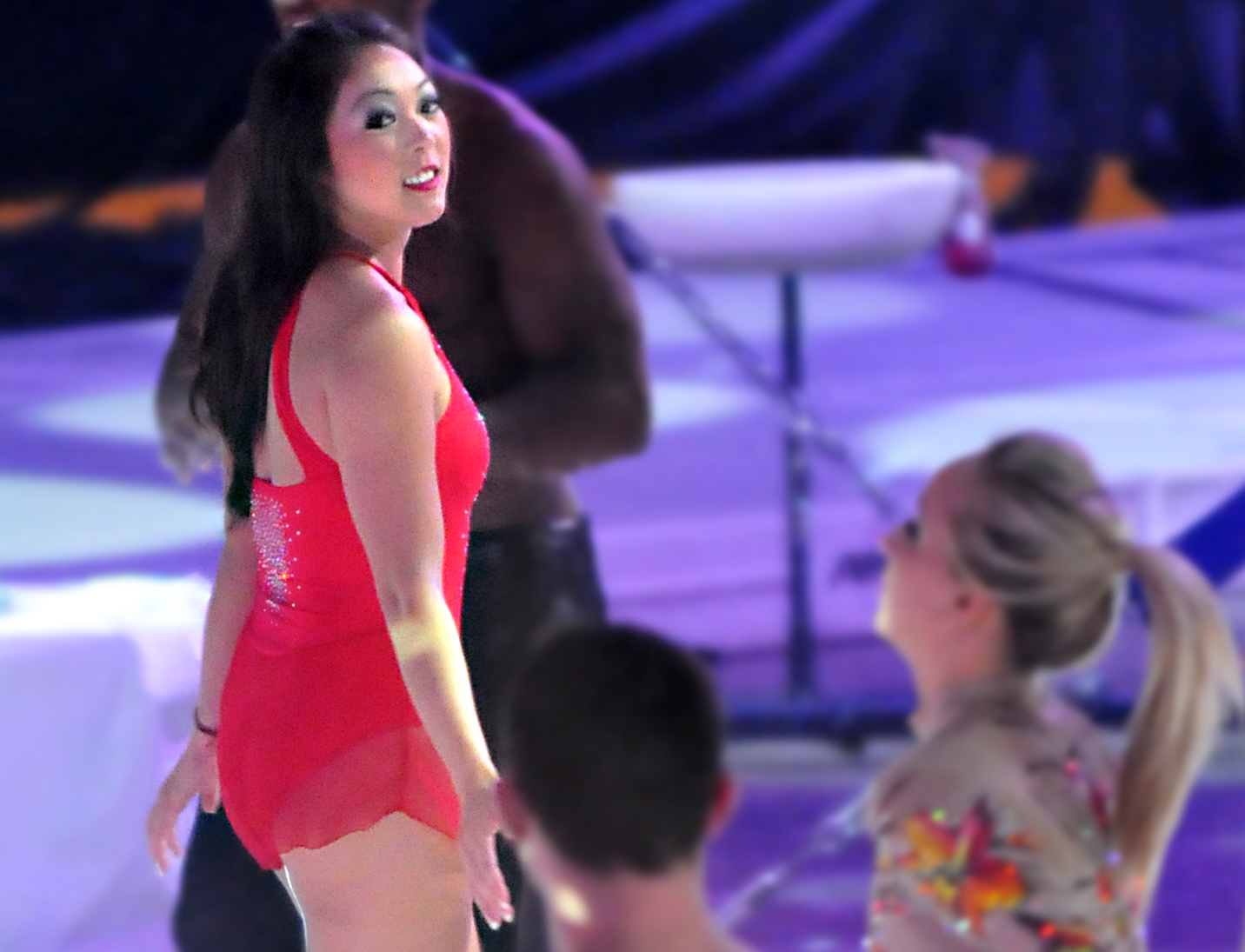On the morning of July 24, Anna Li was living her dream.
The former UCLA gymnastics standout was in London with the U.S. Olympic team, training on uneven bars ““ her specialty ““ as an alternate for the Games.
Then, in an instant, her dream came crashing down.
While practicing her routine that day, Li fell and tore a ligament in her neck. One hospital visit later, she was stuck with a neck brace and a strong warning against doing any serious gymnastics in the future.
“I’ve never had an instant, major injury like that,” she said. “To suddenly be knocked down like that, to where I couldn’t do anything at all, was really difficult.”
Although she was unable to compete, Li remained in London with her team and soon watched them take gold.
“Every doctor I saw just told me how lucky I was that I didn’t get paralyzed,” she said.
“I couldn’t be too angry because I was walking and I was able to move. I was angry, but instantly I just realized how lucky I was.”
While Li may have never experienced such a sudden, major injury, even her journey to that pivotal moment was a rapid, dramatic one.
After graduating from UCLA in 2010, Li struggled with the decision of whether or not to re-enter the elite national gymnastics circuit, eventually deciding to give it one last shot. Her choice paid off.
The eight-time All-American, who won six regional titles during her time as a Bruin, officially returned to elite competition with a win on uneven bars at the 2011 American Classic.
What followed was a whirlwind summer of victories that neither Anna nor her parents had expected, culminating in her appointment to the World Championships team that September.
Li is quick to attribute much of that success to the support of her parents, who she calls “the best coaches I know.”
“They’ve been my coaches my entire life, so I really trusted them,” she said. “I moved home and we trained for two years straight ““ I basically lived in the gym.”
Li’s faith in her parents’ training abilities was justified. Both parents won team medals for China in the 1984 Los Angeles Olympics, competing in the same Pauley Pavilion where Li would spend four years as a Bruin.
UCLA gymnastics coach Valorie Kondos Field recalled witnessing the family’s emotional connection to Pauley when Li and her mother took their first unofficial visit to UCLA.
“I still remember, we were walking past (Pauley) and (Li’s) mother got tears in her eyes,” Kondos Field said. “She told me she hadn’t been there since she competed. The legacy was coming full circle.”
But having parents with such impressive backgrounds wasn’t always easy for Li. Her mother, Jiani Wu, said that growing up, her daughter often felt like her parents were particularly hard on her in training. After college, however, the tables turned.
“When I was younger, it was a little bit difficult having my parents as my coaches because, you know, they’re your parents,” Li said. “But after college, it worked out really well because it was my own goal ““ no one was forcing me to train.”
“I wanted it so badly that I was in there every day before they were,” she said.
And while the end result of all that training was disappointing for Li, she has still reaped the benefits of international attention.
After the Olympics, Li joined Team USA’s other competitors on the national Kellogg’s Tour of Gymnastics Champions.
In the show, Olympians from the last several Olympics perform both conventional gymnastics routines and dance numbers ““ an opportunity that Li said helped her realize a new passion.
“I’ve been dancing a lot, and I’ve actually really loved it,” she said, adding that Kondos Field ““ a former ballerina and highly respected choreographer ““ was instrumental in developing her style and love of dance.
Kondos Field thinks Li could turn this talent into a potential career by taking a common route for retired gymnasts: acrobatic shows like Cirque du Soleil.
“I think she would be perfect for Cirque ““ she’s not afraid of hard work, she’s talented, she’s a daredevil and she loves to perform,” Kondos Field said.
Li says she’s not certain what her next step will be, but Wu, for one, hopes the days of big competition ““ and big risks ““ are over.
“As a mom, I see the wear on her body and I don’t want her to continue to train,” Wu said. “But as a coach, if that’s what she wants, we’re just going to give her the best help we can. I want her to do what she loves.”
